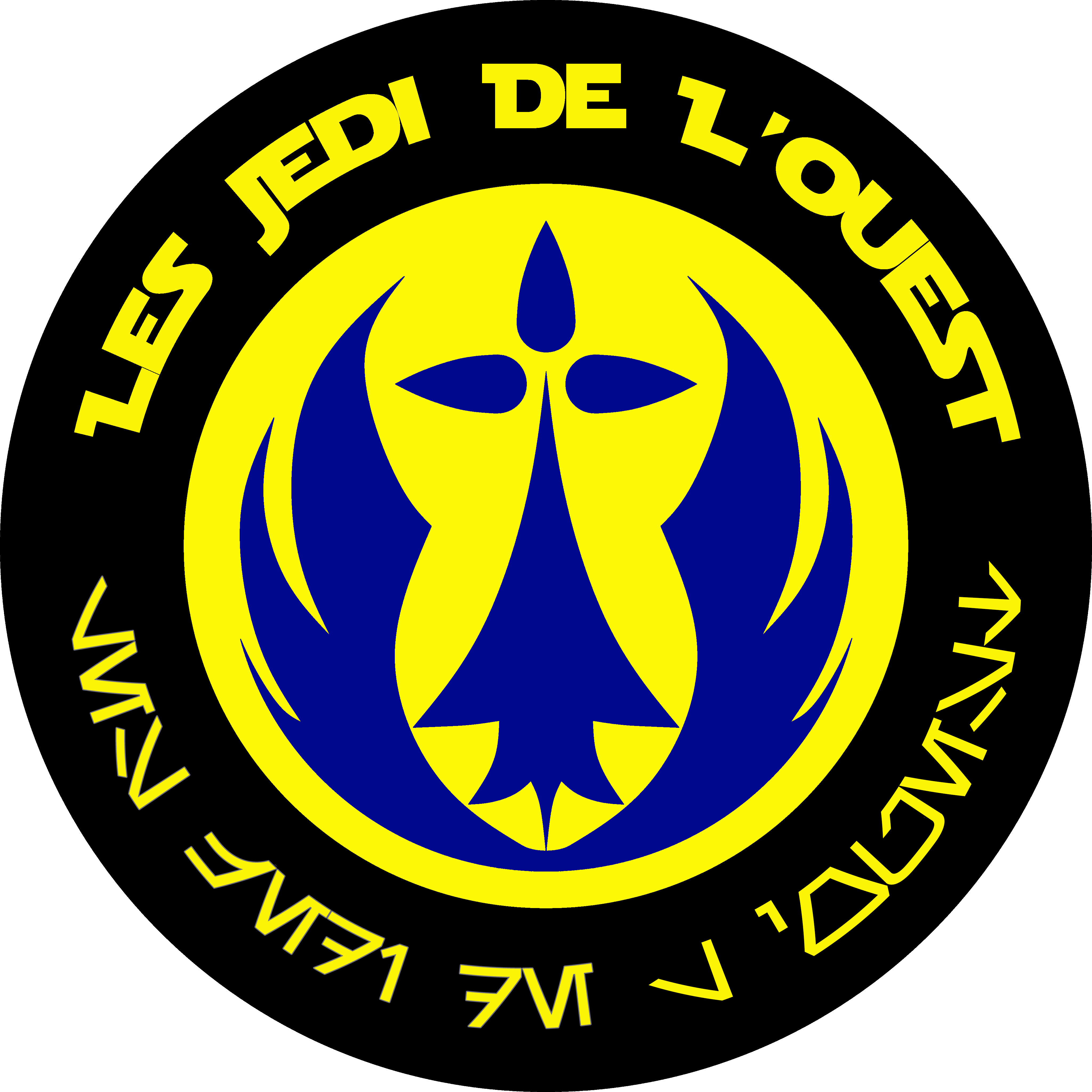In the ever-evolving world of education, where details flows perfectly and accessibility to expertise is just a click away, student-driven encyclopedias are becoming a vibrant device in the discovering process.

These platforms not just give students with a repository of information however additionally motivate them to add, edit, and curate web content, cultivating a joint and interactive discovering environment.
As educational paradigms change in the direction of even more participatory and inclusive versions, the idea of student-driven encyclopedias symbolizes this improvement. These systems encourage students to end up being energetic individuals in understanding creation, connecting the void in between typical textbook understanding and contemporary electronic sources.
The Idea of Student-Driven Encyclopedias
Student-driven encyclopedias are electronic platforms where pupils collectively gather, confirm, and disseminate info on a large range of subjects. Unlike conventional encyclopedias, which are often written by professionals, these platforms take advantage of the collective initiatives of students to produce an extensive body of understanding.

At their core, student-driven encyclopedias are developed to grow essential thinking, study skills, and electronic proficiency among students. By participating in the process of web content production, pupils find out to navigate and examine information critically, skills that are essential in today’s information-rich culture.
Furthermore, these platforms act as an area for pupils to explore their rate of interests and share their experience. This autonomous strategy to expertise development guarantees that a varied series of point of views and voices are represented, improving the finding out experience for all participants.
- Pupils get hands-on experience in research and material development.
- Urges cooperation and peer interaction.
- Advertises a deeper understanding of subject matter.
- Fosters inclusivity and variety in understanding representation.
Basically, student-driven encyclopedias transform knowledge sharing pupils from easy receivers of info right into active factors, instilling a sense of ownership and responsibility in their academic journey.
Benefits of Student-Driven Encyclopedias
One of the major benefits of student-driven encyclopedias is the advancement of essential 21st-century abilities. As trainees take part in the process of web content production, they develop their crucial reasoning, electronic proficiency, and communication skills, all of which are critical in today’s interconnected globe.
In addition, these systems urge a collaborative knowing atmosphere, where pupils can interact to confirm info, argument various point of views, and co-edit write-ups. This peer-to-peer interaction not only enhances learning results but also promotes a sense of area and mutual respect among trainees.
In addition, student-driven encyclopedias supply a system for showcasing student work. As trainees contribute to the encyclopedia, they build a portfolio of their research and writing, which can be very useful for further scholastic and professional searches.
Difficulties and Limitations

In spite of the various advantages, student-driven encyclopedias also deal with certain challenges. Making sure the precision and dependability of information is critical, as these systems rely upon payments from students who might not yet have expert-level understanding.
- Maintaining content high quality and precision.
- Offering appropriate supervision and assistance.
- Guaranteeing equitable access and inclusivity.
To alleviate these obstacles, numerous student-driven encyclopedias carry out a system of checks and equilibriums, where material is reviewed by educators or specialists prior to magazine. This guarantees that the information presented is both precise and credible, upholding the honesty of the platform.
The Future of Student-Driven Encyclopedias
As innovation continues to advance and the landscape of education and learning progresses, the potential for student-driven encyclopedias is substantial. These systems have the ability to not just enhance standard educational sources however additionally redefine the means expertise is acquired and shared.
In the future, we might see student-driven encyclopedias incorporating more advanced innovations such as artificial intelligence and artificial intelligence to improve content curation and customization. Furthermore, they might expand past textual info to include multimedia web content, supplying a much more immersive understanding experience.
Equipping the Future Generation
Student-driven encyclopedias hold the promise of encouraging the next generation of learners. By positioning students at the helm of knowledge development, these systems motivate long-lasting discovering, inquisitiveness, and intellectual freedom.
To conclude, as academic systems remain to introduce, student-driven encyclopedias stand as a testament to the power of collaboration and the relevance of student agency in the learning procedure. By welcoming these platforms, we open the doors to an extra comprehensive, engaging, and vibrant educational experience for all.

